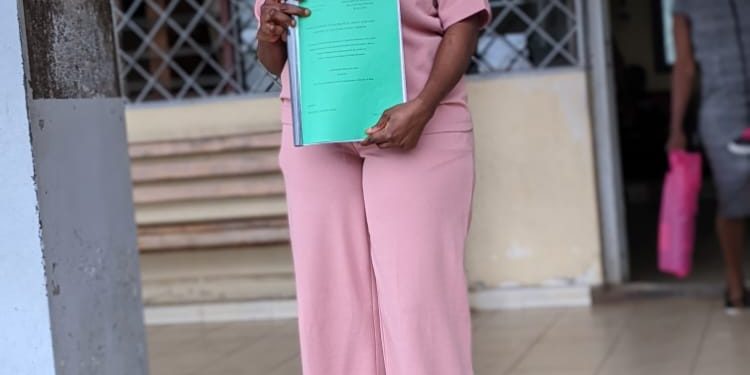FIEPWD has trained over twenty youth with disabilities affected by the raging Anglophone Conflict in Cameroon with lively-hood skills

Cameroon Anglophone Armed Conflict: How Persons With Disabilities Are Sidelined From Peace Building Processes
March 30, 2023
News

Despite establishing that persons with disabilities (PWDs) are the most affected in war time, Agborndip Priscilia Ebai says they are deliberately excluded from peace building efforts in the ongoing Cameroon Anglophone armed conflict in the Northwest and Southwest Regions.
In an MSc dissertation defended Wednesday July 27, 2022, in the University of Buea, the scholar disclosed that PWDs who are most adversely affected by the war have not been included in peace building efforts.
For about an hour, Agborndip Priscilia Ebai presented a discourse titled: “The Role of Persons with Disabilities in Conflict Resolution Processes: The Case of Anglophone Cameroon.”
Findings of the dissertation defended in the field of Conflict Resolution, revealed that negative societal perceptions, poverty, inaccessible infrastructures and low level of education are some of the factors precluding PWDs in peace building actions in Cameroon’s duo Anglophone minority regions.
How We Got Here
In 2016, Anglophone lawyers and teachers called for the withdrawal of Francophone magistrates and teachers from, improvement in technical education and other demands which seemed not important for the government at the time. Refusal to grant these demands soon sparked tension, leading to calls for an independent state for the Anglophone Northwest and Southwest Regions.
The pronouncement by some separatist leaders sounded strange to the country’s Francophone dominated government which responded with a military action; a situation which soon grew into an armed conflict which is soon turning 6 years.
The scars of the war on PWDs have been too visible, prompting Agborndip Priscilia Ebai to research on the possible reasons for their exclusion and what could be done to make the peace process disability inclusive “PWDs are paying the price of the war even more than those on the battle field because both parties are violating their rights with impunity,” revealed Agborndip Priscilia Ebai.
” As such, no one can speak up on their behalf better than themselves. It is their fundamental right to actively participate in peace building,” she intimated in an exclusive interview with Fiepwd.org shortly after the rigorous session.
The scholar recommended that accommodating PWDs in peace building efforts is a necessity, adding that enlightened PWDs leaders should press for full participation in such processes.
This falls in line with the 2006 UN convention on the rights of persons with disabilities which calls their inclusion and participation in all spheres of life.
Tags :
News
Share This :
Have Any Question?
Get close to us to know more

Leave a Reply